How to Determine if a Septic Installation Is Right for Your Home
When you're building a new home or upgrading an existing property, one of the most important and often overlooked decisions is how your wastewater will be managed. For many homeowners, a septic system can offer a dependable and environmentally friendly solution. But before investing in one, it's crucial to determine if an installation provided by local septic services is the right choice for your property. Factors such as soil composition, land size, household water usage, and local regulations all influence whether a septic system will operate efficiently.
Let's explore what it takes to install a septic system and how to decide if it suits your home. From understanding the basics of how septic systems work to evaluating long-term maintenance and environmental benefits, this information will help you make an informed decision with the support of trusted septic services.
Understanding How a Septic System Works
Before you decide on installing a septic system, it's essential to understand how these systems function. A septic system is an underground wastewater treatment solution designed for properties that aren't connected to a municipal sewer system. It typically consists of a septic tank and a drain field, which work together to treat and filter household wastewater. Waste from your sinks, showers, toilets, and washing machines flows into the septic tank, where it separates into layers. Solids sink to the bottom as sludge, while oils and grease float to the top as scum. The liquid in the middle, called effluent, moves out to the drain field, where it's filtered naturally by the soil.
According to The Spruce, most home septic tanks hold between 1,000 and 1,500 gallons, though sizes can range from 750 to 1,750 gallons. The proper tank size depends largely on how much water your household uses and how many people live in your home. Understanding these fundamentals helps you appreciate why professional planning and reliable septic services are essential for long-term performance.
Assessing Your Property's Soil and Drainage Conditions
The type and condition of your soil are among the most critical factors in determining whether a septic system will function correctly. The soil must be able to absorb and filter wastewater safely so that it doesn't contaminate groundwater or nearby wells. A professional septic services provider can perform what's known as a percolation test to measure how well your soil drains. This test helps reveal whether the ground allows water to pass through too quickly, which can reduce treatment effectiveness, or too slowly, which can cause pooling and backups.
Evaluating Property Size and Layout
Space is another major consideration when deciding if a septic installation is right for your home. A septic system needs enough room for both the tank and the drain field, with additional space for safe wastewater dispersal. The property's slope, proximity to water sources, and landscaping can also influence where the system can be placed. Homes on smaller lots or with limited usable land may find traditional systems difficult to install, but modern septic services can often design compact or modified systems that work even in tight or uneven spaces.
Considering Local Regulations and Permitting Requirements
Local health departments and environmental agencies regulate septic installations to protect public health and the environment. Before any work begins, you'll need to research the rules that apply to your area. These regulations typically cover system design, minimum distances from property lines or water sources, and the specific type of soil testing required. In most areas, a permit must be obtained before installation, and the completed system will need to pass a final inspection.
Professional septic services companies are familiar with these requirements and can handle much of the permitting process for you. They can ensure your installation meets all local standards, helping you avoid potential fines or costly modifications later. Taking the time to confirm that your installation complies with local laws not only protects your investment but also guarantees that your system operates safely for years to come.
Estimating Water Usage and Household Demand
Your household's water consumption directly impacts the type and size of septic system you'll need. A system that's too small can quickly become overloaded, leading to backups and potential damage, while one that's too large may be unnecessarily expensive. The amount of water used daily depends on the number of people living in your home and your lifestyle habits. Large families or homes with multiple bathrooms, washing machines, or high-flow fixtures generally require bigger tanks and drain fields.
Consulting with professional septic services can help you accurately estimate your water usage and determine the appropriate tank capacity. They can also recommend water-efficient fixtures or habits that reduce stress on your system over time. Proper planning at this stage ensures your septic system will meet your household's needs without wasting resources or compromising performance.
Weighing the Long-Term Maintenance Requirements
Owning a septic system comes with responsibilities. Regular maintenance is vital for keeping it in good condition and preventing costly repairs. While septic systems are designed to be self-contained, they still need periodic pumping, inspection, and care. Tanks typically require pumping every few years, depending on usage and household size. Neglecting this maintenance can lead to clogs, backups, or drain field failure.
Reliable septic services can create a maintenance plan tailored to your system's design and usage patterns. Routine checkups allow professionals to spot leaks, cracks, or blockages early before they turn into expensive repairs. Homeowners who commit to these maintenance tasks often enjoy decades of trouble-free service from their systems. Regular care isn't just about avoiding inconvenience. It's about protecting your property and preserving the health of your local environment.
Comparing Costs and Environmental Benefits
The financial and environmental aspects of septic systems are important to weigh when deciding if installation is right for your home. While the upfront cost can be significant, the long-term expenses are often lower than paying ongoing municipal sewer fees. Once installed, a well-maintained system can last for decades with minimal operational costs.
Environmentally, septic systems have advantages that appeal to many homeowners. When designed and maintained correctly, they naturally treat and recycle wastewater back into the soil, replenishing groundwater supplies and reducing pollution. This self-contained process eliminates the need for chemical treatment plants and minimizes strain on public infrastructure. With responsible water use and regular professional maintenance from trusted septic services, septic systems can provide a sustainable and efficient wastewater solution that benefits both your household and the environment.
Seeking Professional Advice
Even with thorough research, deciding whether a septic installation is right for your home can be challenging. Professional guidance is often the best way to move forward confidently. Experienced septic services providers can evaluate your property, perform soil and drainage tests, determine the right system size, and offer a detailed estimate for installation and maintenance costs. They can also advise on upgrades or modern system options that improve efficiency and longevity.
Relying on professionals ensures your septic system is properly designed, installed, and maintained according to all environmental and safety standards. Their expertise can save you time, money, and frustration while giving you peace of mind that your home's wastewater solution is reliable and compliant.
Determining whether a septic installation is right for your home involves careful evaluation of your property, household habits, and willingness to maintain the system. From understanding how septic systems function to assessing soil quality and space requirements, each factor plays a crucial role in making an informed decision. With expert guidance and ongoing care from A-1 Septic Systems, a septic system can provide efficient, cost-effective, and environmentally responsible wastewater treatment for years to come. Reach out to us today to get started!
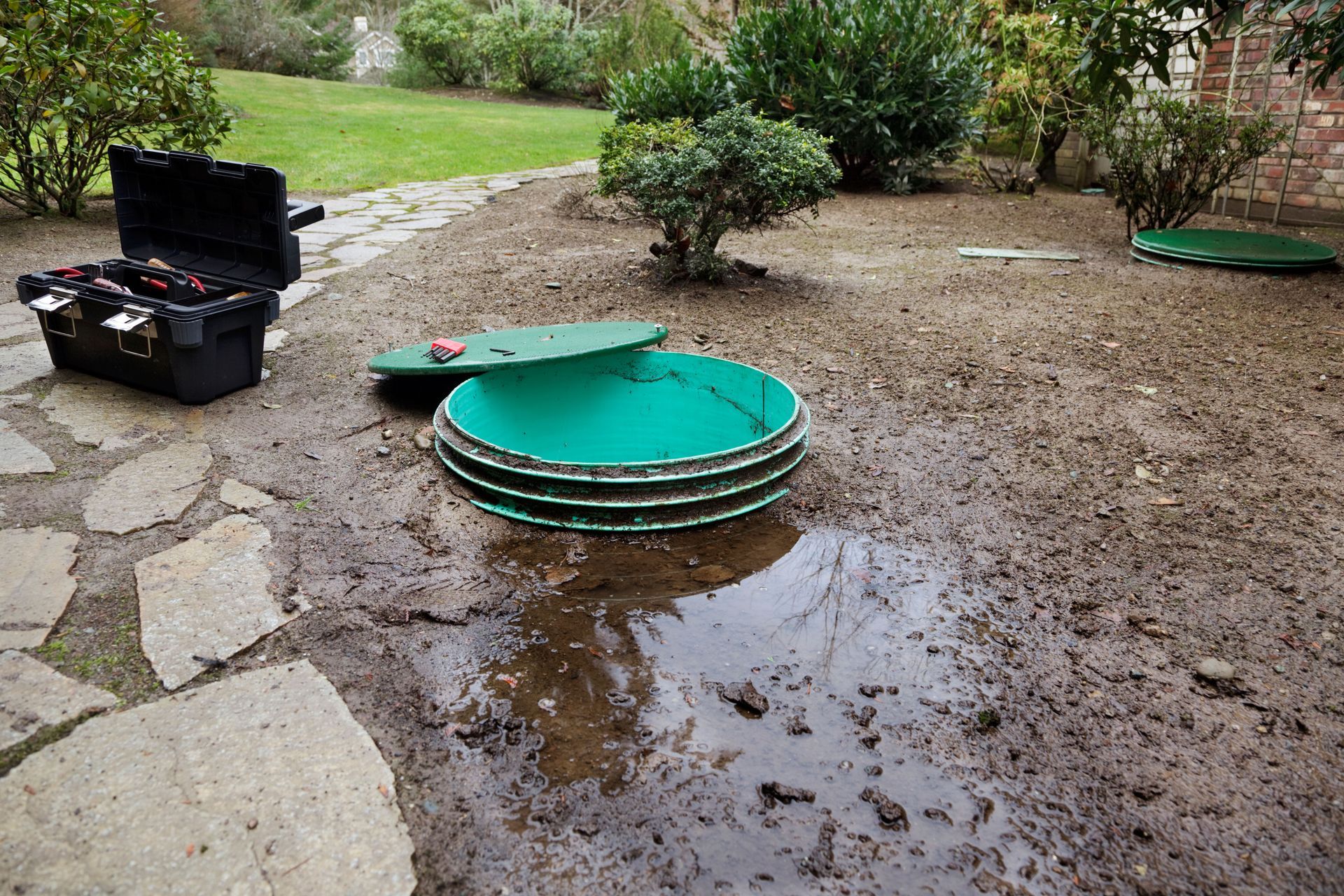
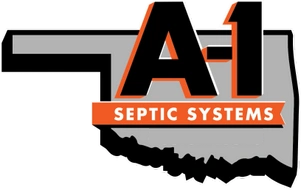
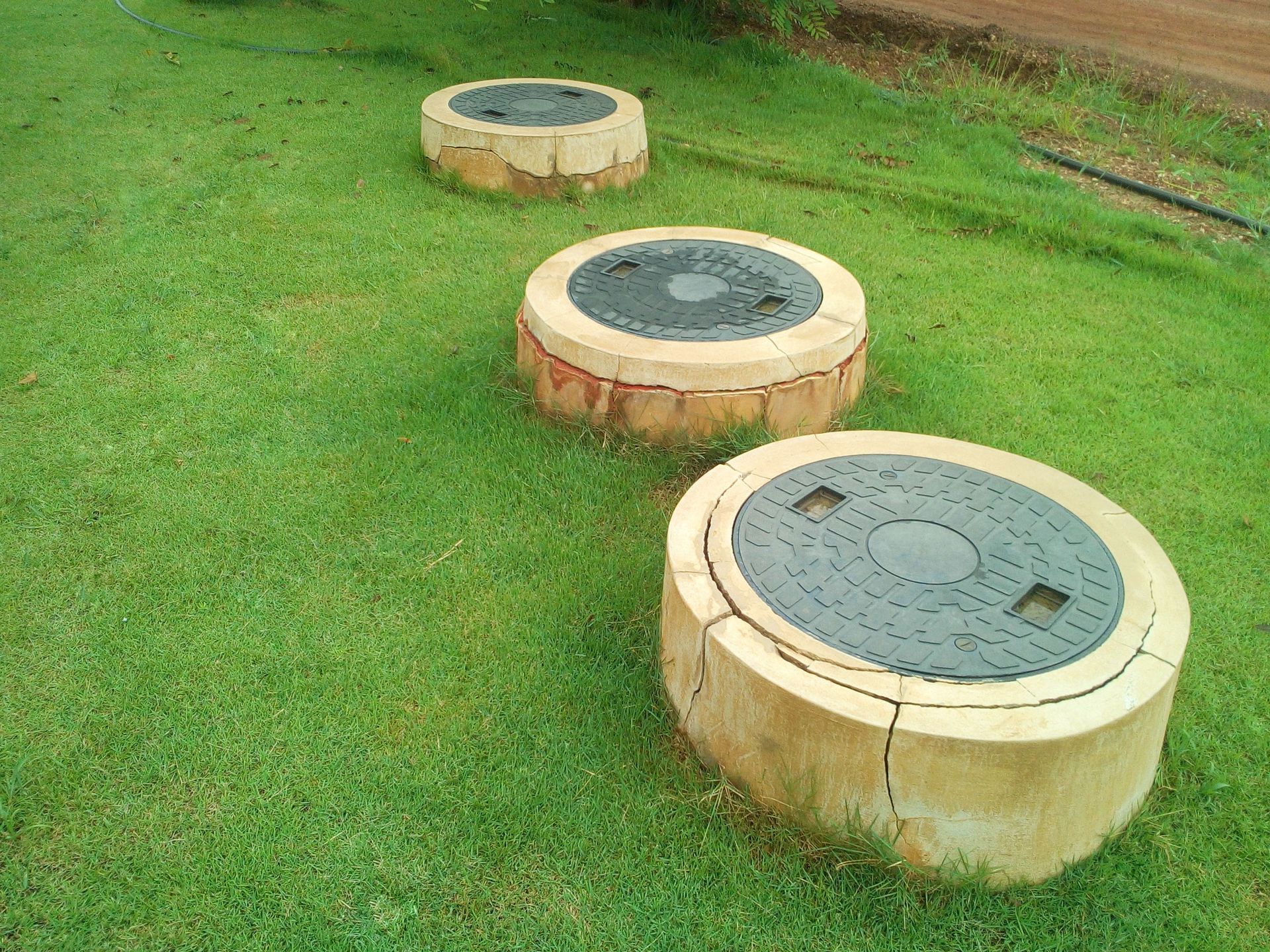
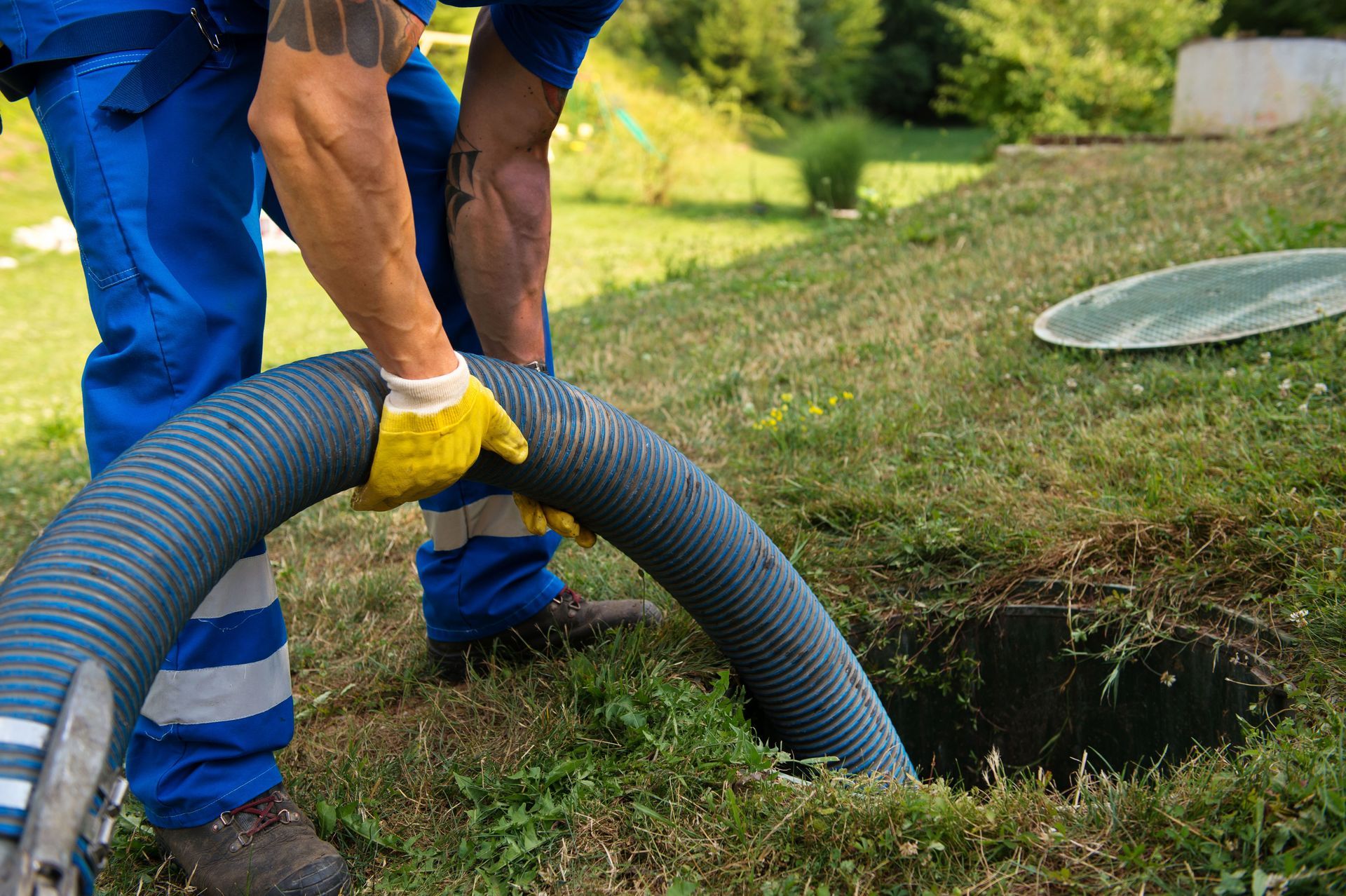
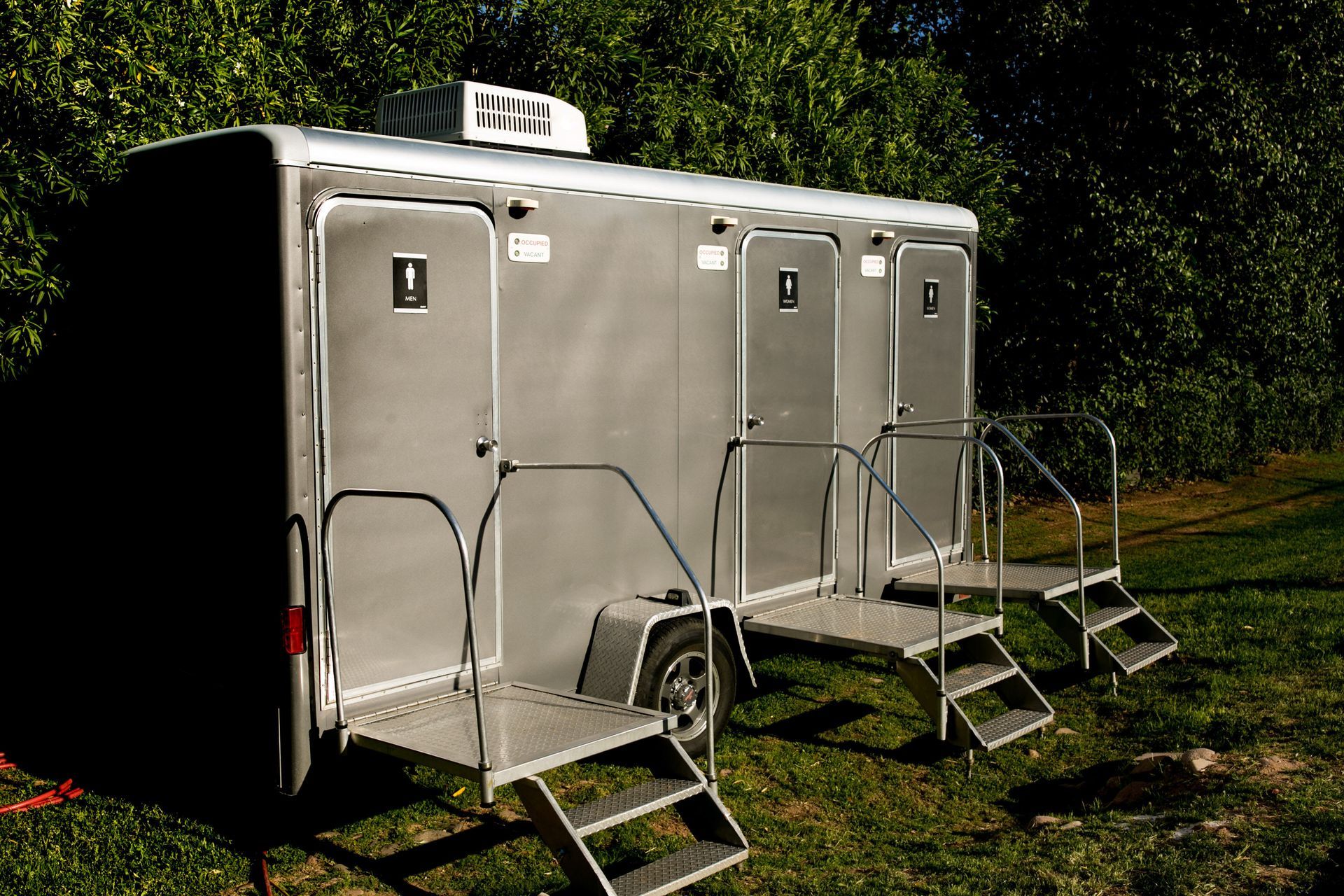
Share On: